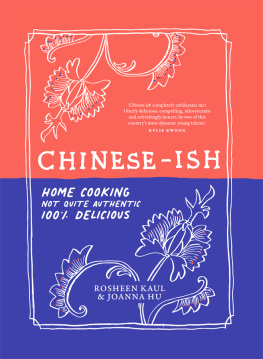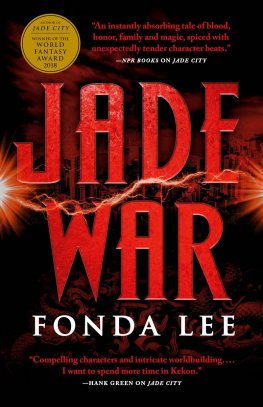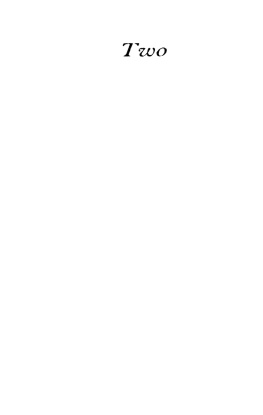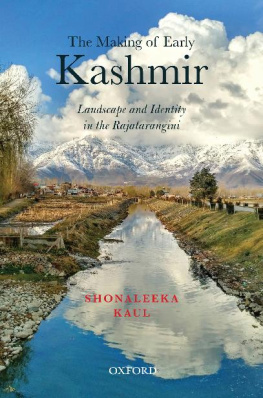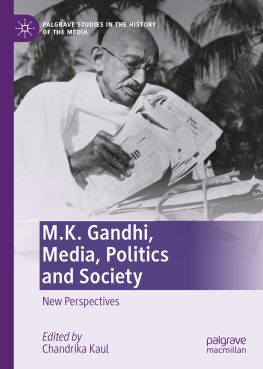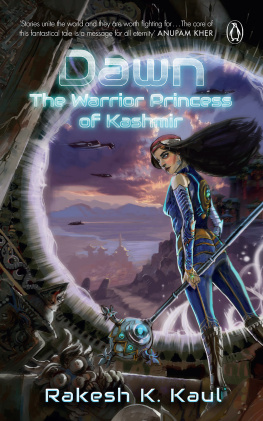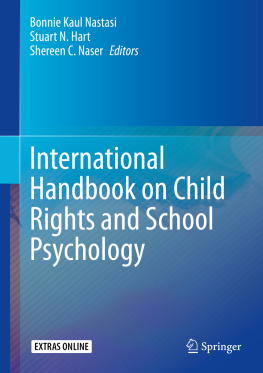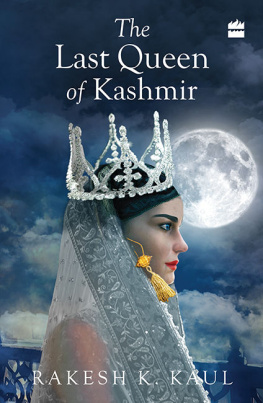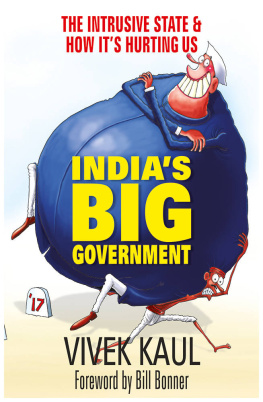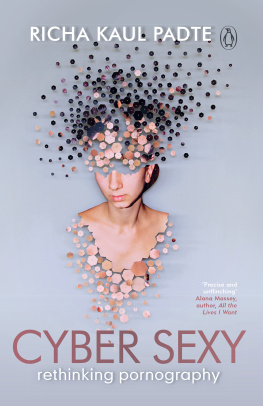Rosheen Kaul - Chinese-ish
Here you can read online Rosheen Kaul - Chinese-ish full text of the book (entire story) in english for free. Download pdf and epub, get meaning, cover and reviews about this ebook. year: 2022, publisher: Allen & Unwin, genre: Home and family. Description of the work, (preface) as well as reviews are available. Best literature library LitArk.com created for fans of good reading and offers a wide selection of genres:
Romance novel
Science fiction
Adventure
Detective
Science
History
Home and family
Prose
Art
Politics
Computer
Non-fiction
Religion
Business
Children
Humor
Choose a favorite category and find really read worthwhile books. Enjoy immersion in the world of imagination, feel the emotions of the characters or learn something new for yourself, make an fascinating discovery.
- Book:Chinese-ish
- Author:
- Publisher:Allen & Unwin
- Genre:
- Year:2022
- Rating:3 / 5
- Favourites:Add to favourites
- Your mark:
- 60
- 1
- 2
- 3
- 4
- 5
Chinese-ish: summary, description and annotation
We offer to read an annotation, description, summary or preface (depends on what the author of the book "Chinese-ish" wrote himself). If you haven't found the necessary information about the book — write in the comments, we will try to find it.
Chinese-ish — read online for free the complete book (whole text) full work
Below is the text of the book, divided by pages. System saving the place of the last page read, allows you to conveniently read the book "Chinese-ish" online for free, without having to search again every time where you left off. Put a bookmark, and you can go to the page where you finished reading at any time.
Font size:
Interval:
Bookmark:



As immigrants with Chinese heritage who both moved to Australia as kids, Rosheen Kaul and Joanna Hu spent their formative years living between (at least) two cultures and wondering how they fitted in. Food was a huge part of this journey: should they cling to the traditional comfort of their parents varied culinary heritage, attempt to assimilate wholly by learning to love shepherds pie, or forge a new path where flavour and the freedom to choose trumped authenticity? They chose option three.
Chinese-ish celebrates the confident blending of culture and identity through food taking what you love and rejecting what doesnt work for you. In these pages, youll find a bounty of inauthentic Chinese-influenced dishes from Hong Kong to Southeast Asia, including the best rice and noodle dishes, wontons and dumplings, classic and not-so-classic Chinese mains, and even a Sichuan sausage sanga that would proudly sit at any backyard barbie. There are also plenty of tips and shortcuts to help demystify tricky techniques and reassuring advice on unfamiliar ingredients.
This is modern, unconventional, innovative, vibrant, tasty, colourful and incredibly delicious food.
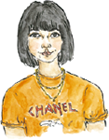
Rosheen Kaul is head chef at Melbournes Etta restaurant, where she cooks a menu as culturally diverse as she is. Born in Singapore to parents of mixed Asian heritage (Kashmiri, Peranakan Chinese, Filipino), she grew up between Melbourne, Malaysia, China and Indonesia. To her parents horror, she pursued a career in food, working at Lee Ho Fook, Smith & Daughters, and Dinner by Heston Blumenthal.

Joanna Hu is an illustrator and ex front-of-house worker at Vue de Monde, Saint Crispin, and Fat Duck restaurants. The daughter of Chinese Australian parents, she swapped a career in law for a whirlwind few years in hospitality, before settling into a life of painting, knitting, watching crime procedurals, and buying an excess of tweed blazers from charity shops in Melbourne.
To occupy herself during the early weeks of the pandemic, Rosheen began documenting all the inauthentic Asian recipes she loved to eat, and asked her friend Jo to illustrate them. Together they produced The Isol(Asian) Cookbook , on which this book is based.



CONTENTS

NYONYA PORK AND CRAB MEATBALL SOUP SEE


ROSHEEN
If you asked me what my cultural background was a few years ago, you probably would have got a different response each time, depending on the year and my mood. The usual answer was something along the lines of: Asian, I guess? Lots of different types of Asian.

I fancied myself being Russian for a while, thinking that if I could change my surname to Kaulikova and learn the language, I could run away to Central Asia and blend in with the native population. I certainly didnt look Chinese or Kashmiri, but I could pass for Kazakh pretty easily. I gave learning Russian a go but, admittedly, it was pretty hard. As you can probably tell, identity has always been a contentious issue for me.
I still dont have a tidy explanation or a soundbite that encapsulates all of the diverse ethnicities that make up who I am. There are some that take precedence those that I am by blood mostly, but some by exposure. Others I find irrelevant, through never having identified with those cultures.
My father is from Kashmir, a disputed region between India and Pakistan. Kashmiris have a fascinating ancestry. They are believed to be one of the lost tribes of Israel, who travelled along the Silk Road and eventually settled in the picturesque Kashmir Valley. Kashmiri culture is an amalgamation of influences from the surrounding geographical areas Central Asia, Iran, Northwest China and the Indian subcontinent. Here is where the conversation gets confusing for some: Kashmir is a state of India, but Im not Indian, Im Kashmiri. Half, anyway.
My mother was born in Singapore to Chinese Filipino parents, but was adopted at a very young age by a Eurasian mother and an Indonesian father. By my count, thats six ethnicities already. My grandmother, my oma, was an incredible cook, predominantly of Nyonya (Peranakan) and Malay dishes. Peranakans are an ethnic group of mixed Chinese and Malay heritage, whose cooking is a blend of the influences and traditions of both those regions. Their food is incredibly unique. My grandfather, my opa, was Indonesian and worked as a sailor and engineer on Dutch ships. As a result, classic Dutch dishes would also make appearances on my mothers table.
My mothers first language was Hokkien she only began to speak English at primary school. My grandfather was trilingual but because he didnt speak Hokkien, he couldnt communicate with my mother until she started school and learned English. My mums childhood memories revolve around food a golden era of visiting local coffee shops and hawker stalls with my oma.
I was born in Singapore in 1992. My mother was native to Singapore and my father had assimilated fairly quickly. We had close family from both my fathers and my mothers side living nearby.
We would celebrate Diwali with my Kashmiri family and Lunar New Year with my Chinese Filipino family. In my young mind, both of my parents cultures melded beautifully and easily together. To be Singaporean simply requires you to identify with the culture the vast majority of the population is made up of people of Chinese, Malay, Indian and Eurasian descent. While our family wasnt in the ethnic majority, we were still Singaporean. My sister and I spoke with jarring Singlish accents as a testament to that fact, to my parents horror.
When we were in Singapore, I was too young to be asked the question, Where are you from?. It was when we moved to Australia when I was a little older that I was confronted with it for the first time. My sister and I were enrolled at a very white, very affluent private school in the inner southeastern suburbs of Melbourne. There were six Asian girls in the whole school all Chinese and all born in Australia. They were as Australian as any of the other girls, with bags of Tiny Teddy biscuits and Vegemite sandwiches in their lunchboxes.
Font size:
Interval:
Bookmark:
Similar books «Chinese-ish»
Look at similar books to Chinese-ish. We have selected literature similar in name and meaning in the hope of providing readers with more options to find new, interesting, not yet read works.
Discussion, reviews of the book Chinese-ish and just readers' own opinions. Leave your comments, write what you think about the work, its meaning or the main characters. Specify what exactly you liked and what you didn't like, and why you think so.

